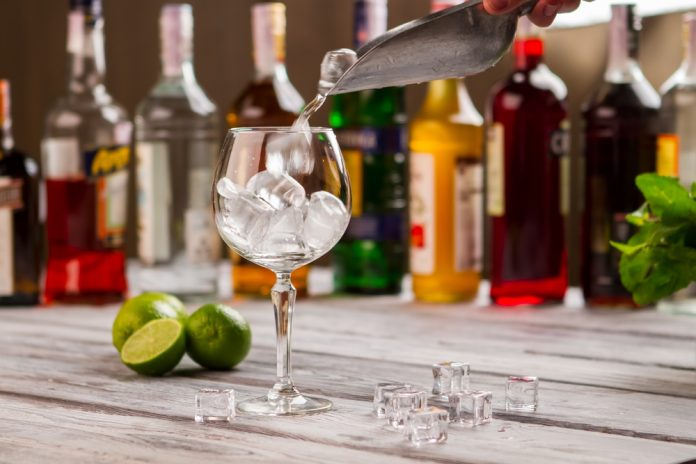Do not let the clear colour fool you because there is just so much to unpack in a bottle of gin. Most gins look simple, but a majority possess some of the most fragrant aromas and bursts of flavour as their botanicals work and infuse together to bring magic in every glass.
These characteristics of gins can be intimidating for people who are still dipping their tastebuds in these diverse spirits. Or perhaps your expertise allows you to distinguish citrus notes from floral notes in the blink of an eye. Tasting delectable gins can be an enjoyable and rewarding experience, whether you are new to tasting gin or want to improve and enrich your drink palate.
But where do you even begin?
Well, here is a guide to get you started and some notes that can help you along the way. Let’s start drinking!
1. Find the right glass for your drink
This may seem trivial at first, but knowing which glass to use goes a long way toward enjoying what gin or any other spirit, in general, brings to the senses.
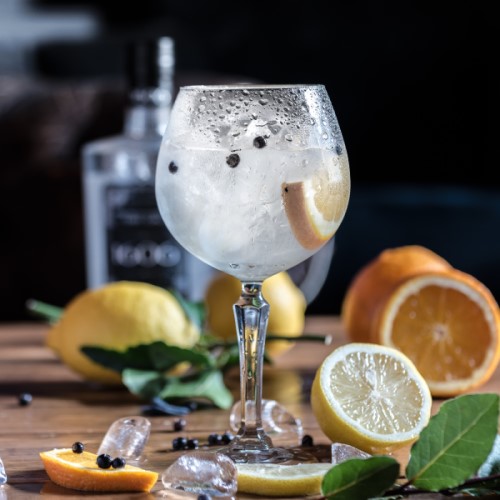
For drinking gin neat, the Copa balloon glass is recommended. The structure of this glass helps prevent gin from changing temperatures as it can drastically affect the flavours. It also allows alcoholic vapour to flow freely, so its aromas surface faster and lingers longer, allowing your nose to indulge the gin.
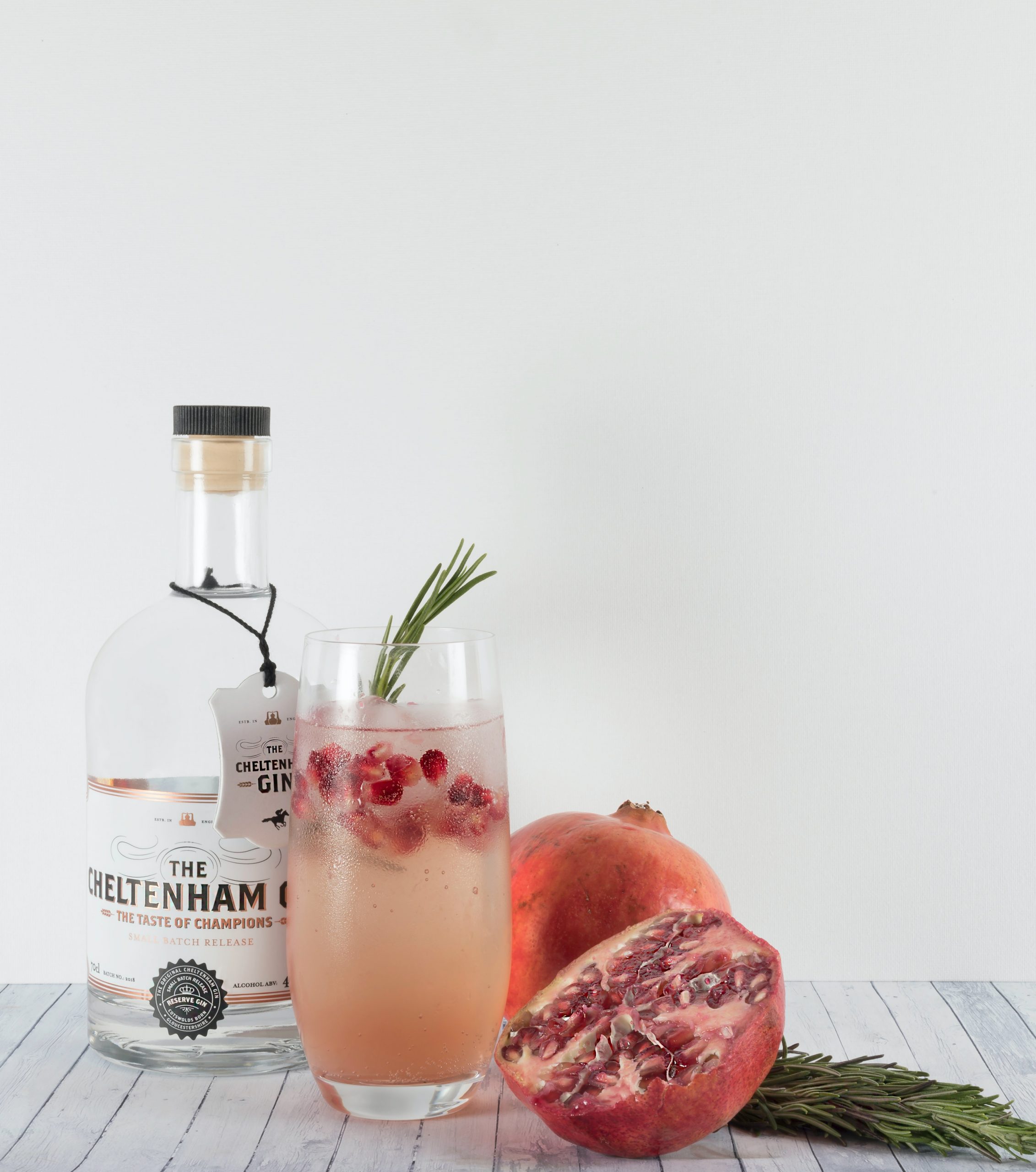
However, if you’re taking your gin with tonic, a highball glass is your best bet. This tall glass can easily accommodate all the ingredients needed to create that lovely mix. Using the highball will also make drinks easier to stir.
2. Pick the gin for tasting
Here is where things get interesting. For beginners, I would advise gins that are generally popular. Most of these gins use a wide range of botanicals and easily help adjust your senses to gin tasting. Tanqueray, Sakurao, Gilbey’s and Beefeater are some of the more popular gins in the market. As you progress, you may want to try out artisanal craft gins, which could introduce you to an entirely new flavour profile.
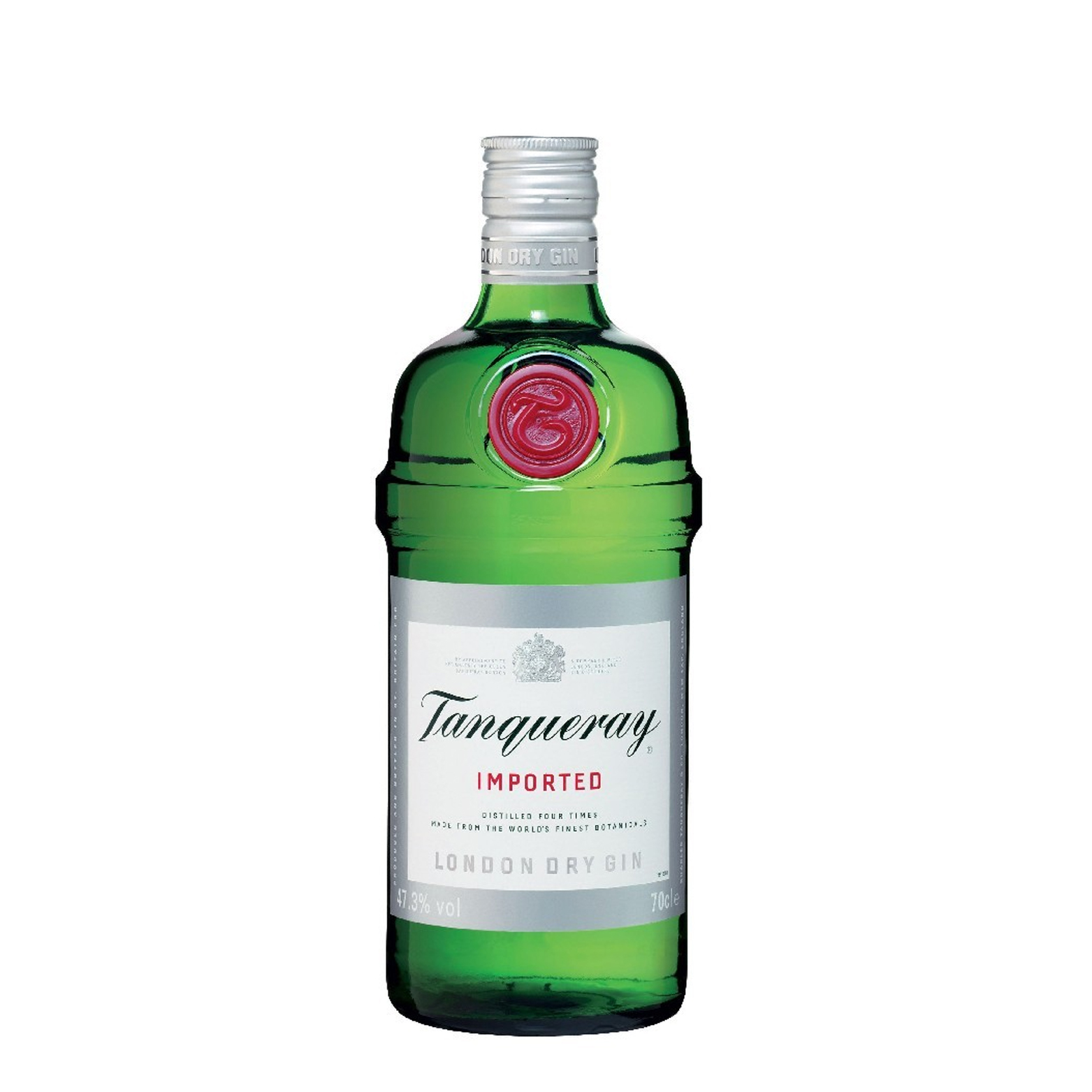
3. Enjoy the smell of gin
Before picking up the glass and start tasting it, you must first smell the gin. This gives notes on what to expect when finally drinking the gin. It can tell you the botanicals used, the initial palates, and even how it finishes. Some smell like freshly cut flowers, while others smell like a citrus orchard!
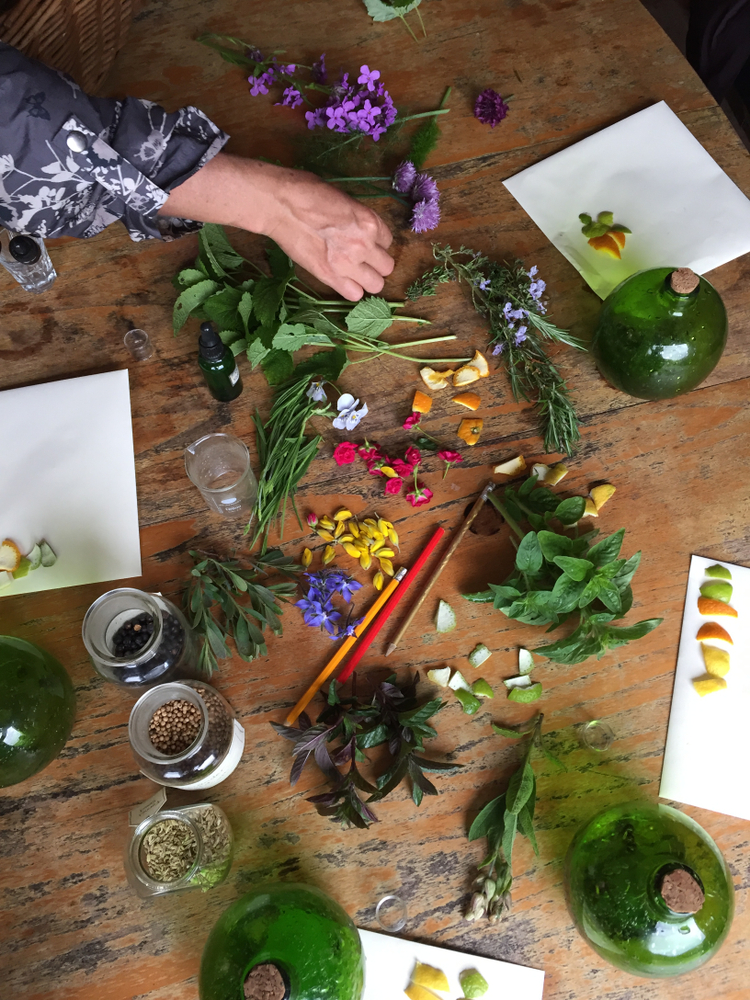
After you’ve poured yourself a glass, please give it a gentle but firm swirl to help mix the spirit and aromas. The initial smell from that first whiff of the glass is called top notes. Are they floral? Are there citrus hints? Maybe earthy? When smelling your drink, look for these characteristics.
4. Drinking the gin
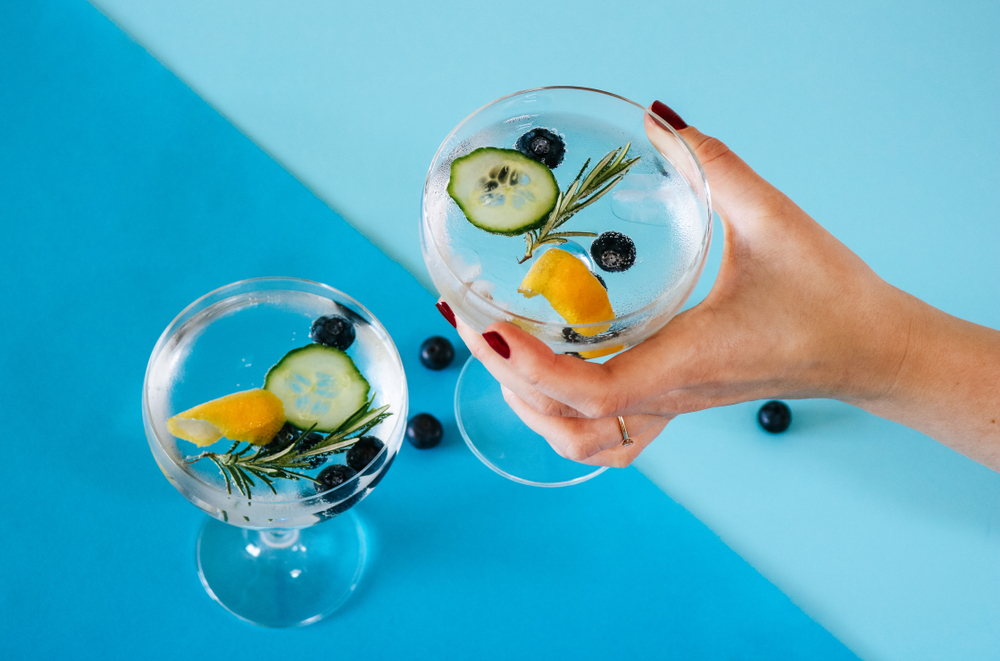
Here’s the fun part! Gins, after all, are made for drinking. But when tasting gin, it is important to note that first, small sips should be taken in, especially since these spirits contains no less than 40% ABV and above.
Detecting tasting notes is a delicate process and can be hard if gin is consumed with significant gulps. As you drink, swirl the glass periodically, you may find more tasting notes as the drink settles in your glass.
After finding out the delicate notes, it is time to finally drink all of it in. Let the spirit linger first and remember the sensations. Was it spicy? Was it cool? Is it refreshing? Does it have complexities? Finally, take note of how it flows down the throat. Does it go down smooth or hard? There are usually lingering notes during this part of spirit tasting, so make sure to write them down.
When you’re done drinking neat, you can experiment the next pour with water or tonic. This way, you can reduce the drink’s alcohol content while enjoying the botanical infusions found from the spirit.
And that’s about it! Gin is a diverse spirit, so experimentation with different mixers or food pairings will feel very fulfilling. We hope this helps you the next time you pop open your next bottle of gin!
